The CanCell user panel was invited to Institute of Cancer Research on Tuesday December 17th for a site visit.
News - Page 4
The article in Nature Communication where Marte Sneeggen is first author was awarded Oslo University Hospital's semiannual prize for outstanding papers at a ceremony on Friday November 22nd.
In a recent issue of Nature Reviews Molecular Cell Biology, Marina Vietri, Maja Radulovic and Harald Stenmark at CanCell review the many functions of a protein machinery specialized for membrane scission and sealing.
Their Report "Centralspindlin Recruits ALIX to the Midbody during Cytokinetic Abscission in Drosophila via a Mechanism Analogous to Virus Budding" uncovers parallels between ALIX recruitment during cytokinetic abscission in flies and virus budding in human cells and investigates the fine-tuned process involved in abscission, demonstrating that the centralspindlin complex emerges to play an ancestral role in recruiting the abscission machinery to the midbody
Ragnhild Eskeland from CanCell will take part in a popular science seminar coined "The Secrets of the Cells" in conjunction with "Science Days" at the University today (19/9, Litteraturhuset a 17.00), where she will present research on epigenetics and discuss why this gives us vital information about who we are, and what this may be used for. CanCell associate member Philippe Collas will also be presenting.
A graphic introduction to epigenetics can be viewed here (facebook).
For those of you that did not make it yesterday, there is a link to the seminar video here
In a recent paper in the journal Autophagy, Dr. Yan Zhen and her co-workers in Harald Stenmark's group show a mechanism for how autophagosomes are sealed, a crucial step in autophagy.
In a recent article in Nature Communications, published online on the 28th of June, 2019, PhD student Marte Sneeggen and her coworkers at the Institute for Cancer Research and the Center for Cancer Cell Reprogramming (CanCell) identify a new mechanism how the tumor suppressor WDFY2 prevents metastasis by controlling recycling of the matrix metalloproteinase MT1-MMP
Harald Stenmark and his colleagues have received a joint grant with French researchers from the group of Philippe Chavrier at the Institut Curie in Paris. The funds were donated by Trond S. Paulsen and allocated by 'Radiumhospitalets Legates' to combat cancer cell invasiveness through the project Invacell.
On May 8th CanCell invited four representative from Cancer Patient Interest groups to present their perspective on cancer and cancer research and to give feedback on the applications proposed by the Centre's scientists.
CanCell co-director and professor Anne Simonsen received the prestigious King Olav V's Prize for Cancer Research at a ceremony at the University of Oslo today.
In a recent paper in Nature Cell Biology, Alf Håkon Lystad and Laura Rodriguez de la Balina in Anne Simonsen's group unveil fundamental mechanisms of autophagy related processes.
CanCell had its first visit by the Scientific Advisory Board (SAB) on March 11th- 12th. The SAB consisting of Johanna Ivaska, Marja Jäättelä, Pier Paolo Di Fiore, Stephan Beck and Michael Boutros was introduced to the Centre's activities and strategies.
CanCell associate members Åslaug Helland and Arnoldo Frigessi were featured in both Apollon (UiO) and Norwegian Broadcasting (NRK) for their work on developing artificial intelligence to improve cancer therapy.
The Institute of Basic Medical Sciences gives a warm welcome to Ragnhild Eskeland's research group with a interview and focus on epigenetics.
Harald Stenmark, head of the Cellular Membrane Dynamics group at the Department of Molecular Biology and director of the Center for Cancer Cell Reprogramming, is the leader of one of 25 research projects receiving a total of 100 million NOK from the Research Council of Norway and the Norwegian Agency for International Cooperation and Quality Enhancement in Higher Education (Diku), that run the program INTPART together.
The 2018 Dr. Ragnar Mørk's legacy prize went to Kaisa Haglund, head of the Cytokinesis in development and carcinogenesis project group at the Department of Molecular Cell Biology, for her outstanding research on cell division and cancer.
The first meeting of the CanCell user panel was held on November 23rd, organized by Helene Knævelsrud from the Enserink group.
On 25 October, the Academy for Young Scientists will include 8 new members for the period 2018-2022. Among the carefully selected members is CanCell's Helene Knævelsrud from Jorrit Enserink's group at the Department of Molecular Cell Biology. Congratulations!
In a recent paper in EMBO Journal, postdoc Maja Radulovic and her co-workers in Harald Stenmark's group reveal a novel mechanism that promotes cell survival, namely repair of damaged lysosomes.
Uniforum portrays CanCell director Harald Stenmark in the article "Jaktar på kreften sine akilleshælar" on the occasion that Stenmark is awarded the 2018 Research Prize at the University of Oslo.
Nadja Katheder from Tor Erik Rusten's group at the Centre for Cancer Cell Reprogramming is awarded H.M. the King's Gold Medal 2018 for best thesis of the Faculty of Medicine.
Binding of growth factors to their receptors is known to cause endocytosis and degradation of the receptors and their ligands by a mechanism that involves the endosomal sorting complex required for transport (ESCRT) machinery. Failure of this mechanism can lead to cancer development. In a recent paper in Nature Communications, a team led by project leaders Eva Wenzel and Camilla Raiborg at Institute for Cancer Research and Centre for Cancer Cell Reprogramming has used advanced microscopy methods to reveal the dynamics of ESCRT recruitment and formation of multivesicular endosomes (MVEs) into which the receptor-ligand complexes are sorted for subsequent degradation.
We congratulate Harald Stenmark with the University of Oslo Research Prize 2018!
An article by senior scientist Lene Malerød and her co-workers in Kaisa Haglund’s project group shows how the mitotic spindle achieves its correct orientation during cell division.
We congratulate Fergal O'Farrell with the Oslo University Hospital excellent article award amounting to NOK 50,000.
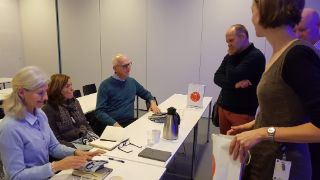

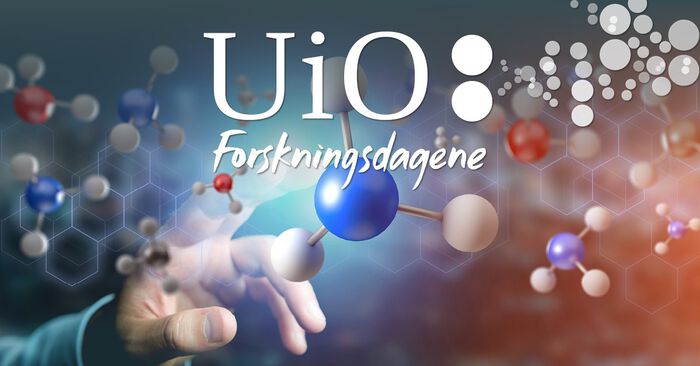
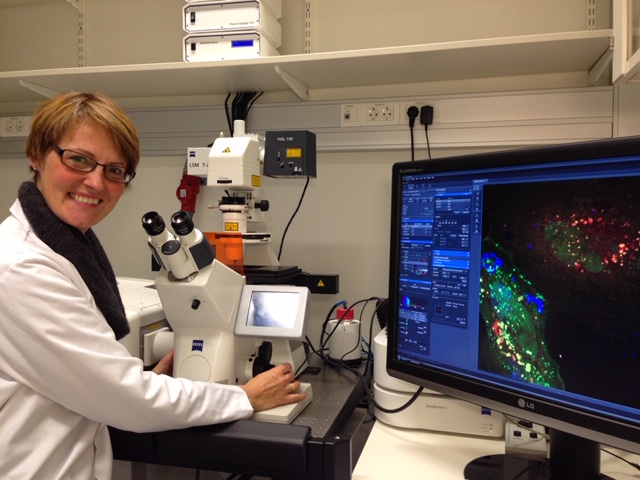
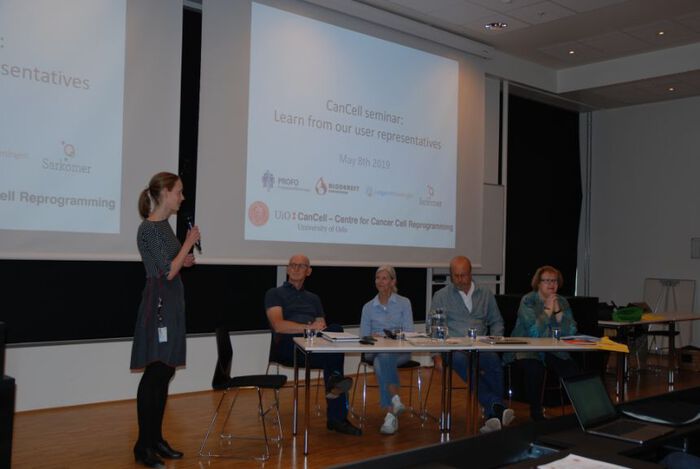
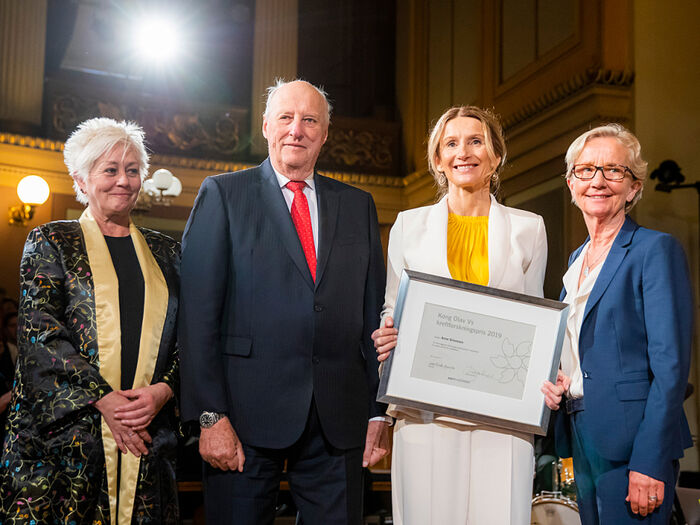
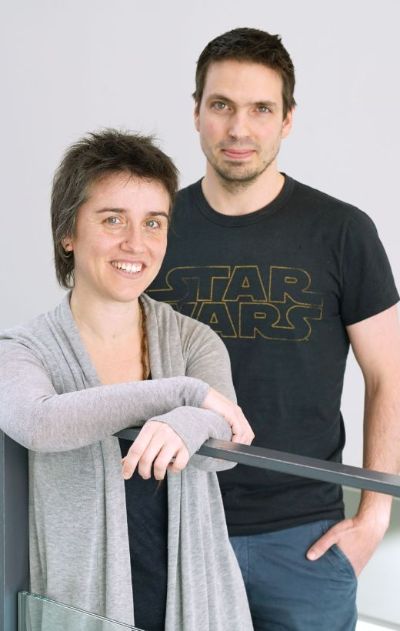
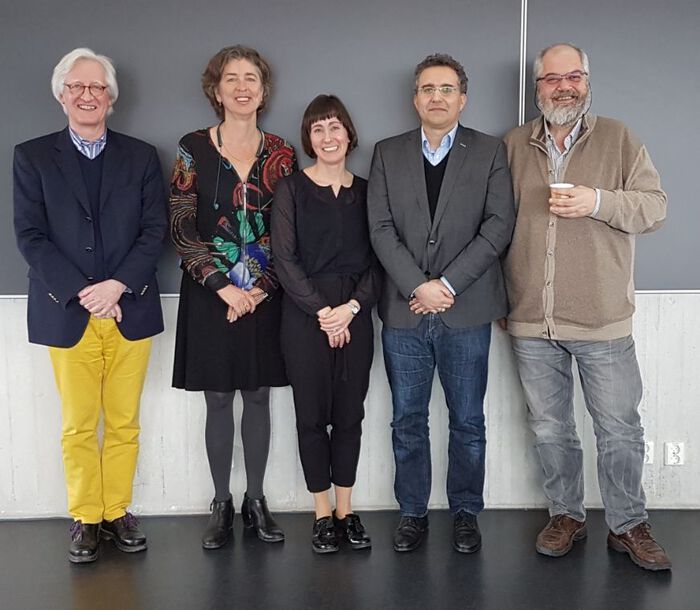
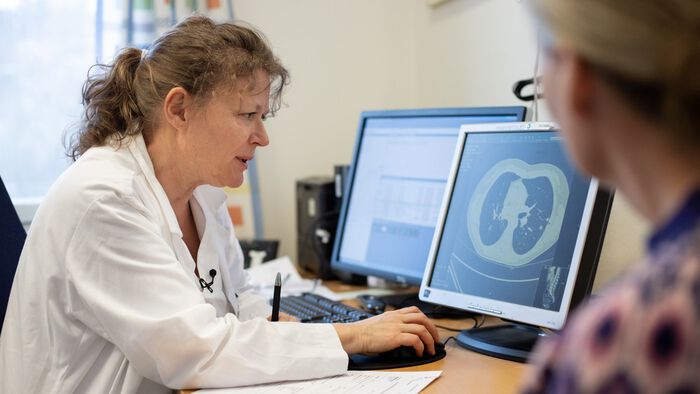
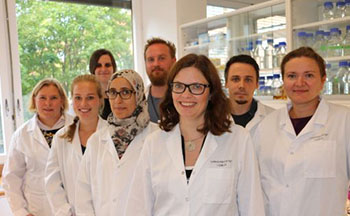





.jpg?alt=listing)



